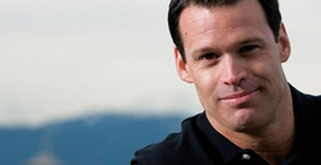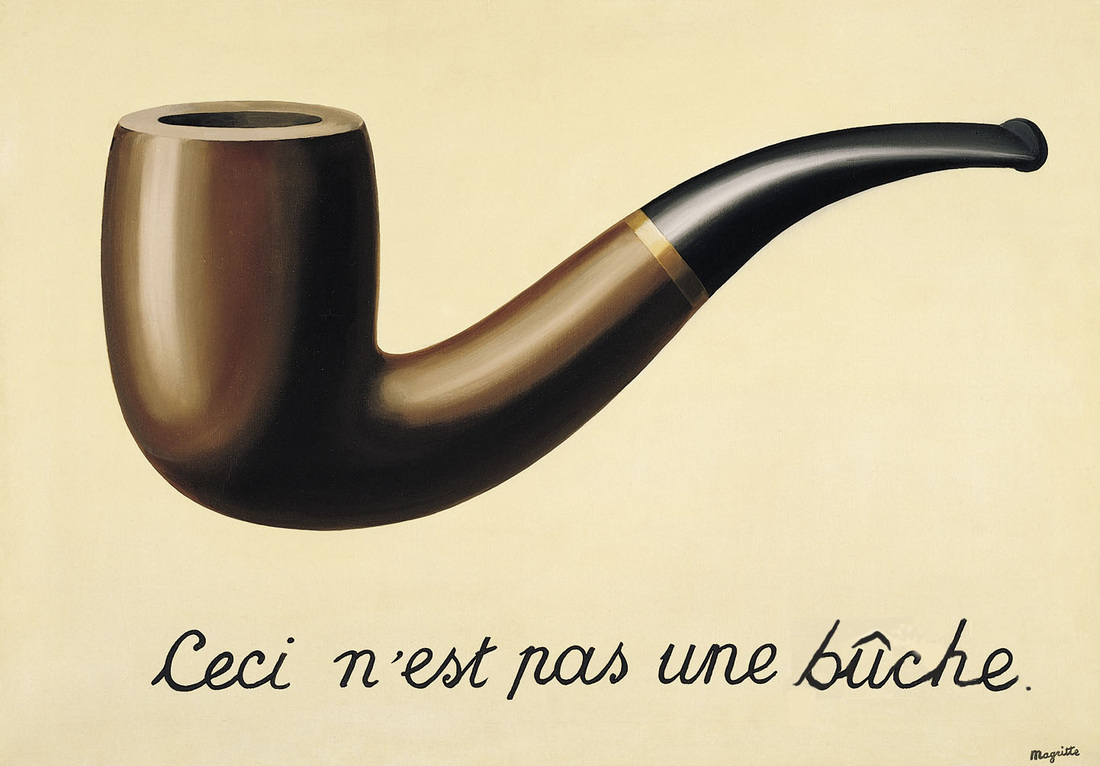Supporting athletes while opposing Russian oppression

FIRST PERSON: Olympian Mark Tewksbury
gordonbowness.com, Feb 5, 2014
Story by Gordon Bowness
Olympic gold medalist Mark Tewksbury has never had a problem distinguishing between the institutional side of the Olympics — the committees, the politics — and the games side of the Olympics — the athletes, the coaches, the competition. He loves the Games but can be a vocal critic of the institutions. It’s a distinction he hopes others keep clear leading up to and during the Winter Olympics in Sochi, Russia.
As one of the highest profile gay Olympians, and as the former chef de mission of the Canadian Olympic team, Tewksbury finds himself at the centre of the storm raging around the Sochi Games and Russia’s recent homophobic crackdown.
“I’ve been the go-to guy for a number of athletes, many of whom are still closeted, who just needed to reach out to somebody,” he says on the phone from Calgary, where he runs a corporate leadership company called Great Traits with another former Olympian, Debbie Muir. “It’s been a real honour to play that role.”
gordonbowness.com, Feb 5, 2014
Story by Gordon Bowness
Olympic gold medalist Mark Tewksbury has never had a problem distinguishing between the institutional side of the Olympics — the committees, the politics — and the games side of the Olympics — the athletes, the coaches, the competition. He loves the Games but can be a vocal critic of the institutions. It’s a distinction he hopes others keep clear leading up to and during the Winter Olympics in Sochi, Russia.
As one of the highest profile gay Olympians, and as the former chef de mission of the Canadian Olympic team, Tewksbury finds himself at the centre of the storm raging around the Sochi Games and Russia’s recent homophobic crackdown.
“I’ve been the go-to guy for a number of athletes, many of whom are still closeted, who just needed to reach out to somebody,” he says on the phone from Calgary, where he runs a corporate leadership company called Great Traits with another former Olympian, Debbie Muir. “It’s been a real honour to play that role.”
| It’s difficult for many athletes to negotiate their emotional response and moral dilemma over what’s going on in Russia, at a time when they are supposed to be focusing on their mental and physical performance. Being gay compounds the difficulty, says Tewksbury. “The ones who are still uncomfortable speaking about their sexuality,” he says, “they’re going to a country that’s targeted them explicitly and made them feel really uncomfortable. It’s a climate where there are machine guns and X-ray machines and technology that apparently will tap into your technology… it’s been really frightening for them. | What a difference 18 months make I interviewed Mark Tewksbury in July of 2012 prior to his departure to London as chef de mission of the Canadian Olympic team. Back then we could talk of momentum on LGBT rights and visibility in international sports. Story |
“For a young teenager or early 20s athlete, rational doesn’t always outweigh the irrational, that emotional response they get from going to a country that is so hostile. It is definitely not what they needed at the height of their career.”
Like so many others in Canada and around the world, Tewksbury is trying to figure out how express his opposition to what’s going on in Russia while continuing to support the athletes who are competing there. He’s never supported the idea of a boycott.
“I understand where the calls for a boycott come from, [a need to] express your discontent and disgust over what’s happening with Russia. And I think that’s totally valid. We need to express that. I just think we need to choose a way that is effective but doesn’t impact the athletes.
“I feel really frustrated that the International Olympic Committee has put the athletes in such a difficult position,” says Tewksbury. “It’s not their job to protest, not their job to take a stand and give up their careers for gay rights, as noble as that would be. It’s just not what they signed up for.
“I think what we’ve seen in the months since the initial calls for the boycott came out are some really clever, innovative ways to shame our hosts: The way that President Obama designated [out athletes] Billy Jean King and Brian Boitano to represent the United States instead of him or any other official delegate…. There’s been Facebook campaigns that have spread like wildfire.
“Some athletes, like Anastasia Bucsis, who’s a speed skater from Canada, came out as a lesbian. So for her, that was her protest. She wants to compete and do her best. Should we expect her to do more? I don’t think so. Whatever her comfort level is. Same for anybody, if you want to show your protest, find a way to do it that you’re comfortable with.”
As for promoting LGBT rights during the Games, Tewksbury would love to see something happen, but cautions that there may be repercussions.
“Some athletes may decide to do something during the Games. If they do, they face some serious consequences. The International Olympic Committee explicitly states that you can’t protest. If it does happen, it will be fascinating to see how the IOC responds.
“I hope there is a way for the gay and lesbian issue to arise during the Games, but not take anything away from the field of competition, which is what the Olympics is supposed to be about.”
While it may be impossible to keep politics out of the Olympics, Tewksbury focuses on a different type of message that the Olympics can convey.
“I care about the Olympics,” he says. “I do think, in spite of all the doom and gloom that we’ve heard leading up to Sochi, at the end of the day the Olympics do bring the world together. It is really magical. There is hope for 17 days. The world is spellbound watching our best compete under peaceful conditions. I think there is still a need and place for that in today’s world.” •
Like so many others in Canada and around the world, Tewksbury is trying to figure out how express his opposition to what’s going on in Russia while continuing to support the athletes who are competing there. He’s never supported the idea of a boycott.
“I understand where the calls for a boycott come from, [a need to] express your discontent and disgust over what’s happening with Russia. And I think that’s totally valid. We need to express that. I just think we need to choose a way that is effective but doesn’t impact the athletes.
“I feel really frustrated that the International Olympic Committee has put the athletes in such a difficult position,” says Tewksbury. “It’s not their job to protest, not their job to take a stand and give up their careers for gay rights, as noble as that would be. It’s just not what they signed up for.
“I think what we’ve seen in the months since the initial calls for the boycott came out are some really clever, innovative ways to shame our hosts: The way that President Obama designated [out athletes] Billy Jean King and Brian Boitano to represent the United States instead of him or any other official delegate…. There’s been Facebook campaigns that have spread like wildfire.
“Some athletes, like Anastasia Bucsis, who’s a speed skater from Canada, came out as a lesbian. So for her, that was her protest. She wants to compete and do her best. Should we expect her to do more? I don’t think so. Whatever her comfort level is. Same for anybody, if you want to show your protest, find a way to do it that you’re comfortable with.”
As for promoting LGBT rights during the Games, Tewksbury would love to see something happen, but cautions that there may be repercussions.
“Some athletes may decide to do something during the Games. If they do, they face some serious consequences. The International Olympic Committee explicitly states that you can’t protest. If it does happen, it will be fascinating to see how the IOC responds.
“I hope there is a way for the gay and lesbian issue to arise during the Games, but not take anything away from the field of competition, which is what the Olympics is supposed to be about.”
While it may be impossible to keep politics out of the Olympics, Tewksbury focuses on a different type of message that the Olympics can convey.
“I care about the Olympics,” he says. “I do think, in spite of all the doom and gloom that we’ve heard leading up to Sochi, at the end of the day the Olympics do bring the world together. It is really magical. There is hope for 17 days. The world is spellbound watching our best compete under peaceful conditions. I think there is still a need and place for that in today’s world.” •


 RSS Feed
RSS Feed